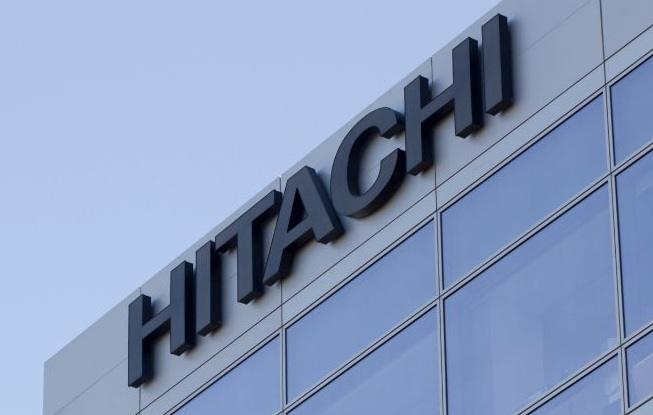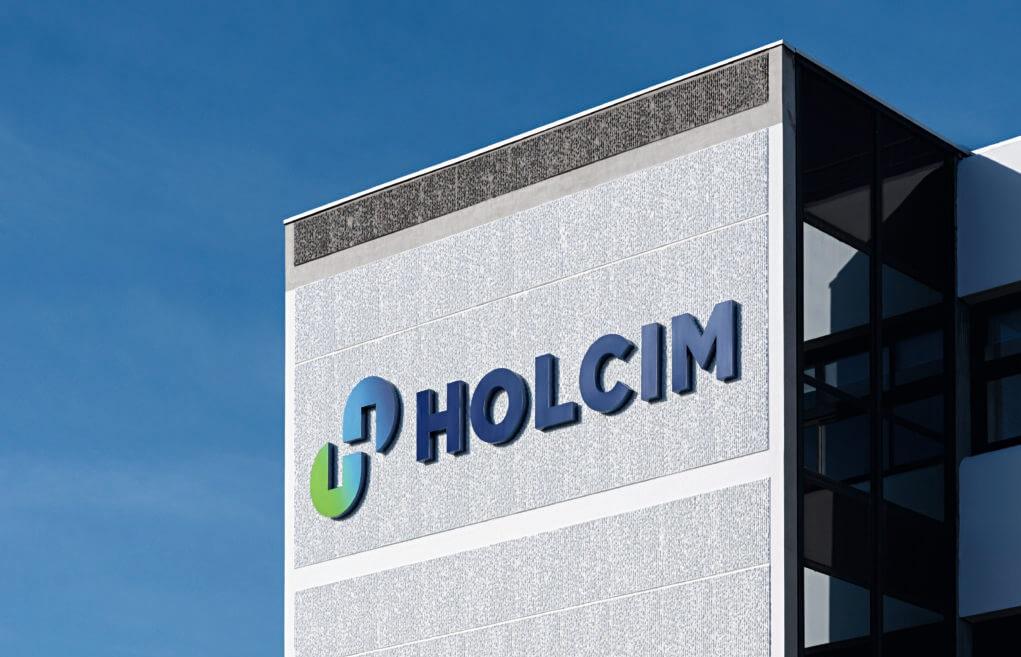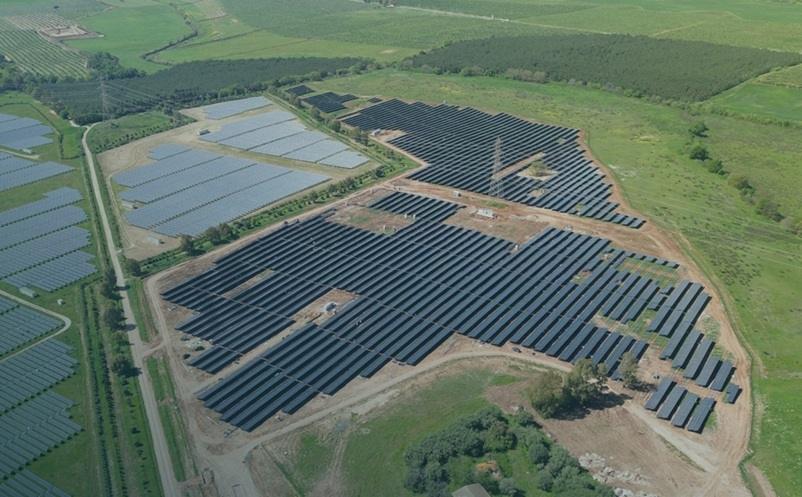Hitachi Raises Climate Ambition to Net Zero Across Value Chain by 2050
Japanese conglomerate Hitachi announced a series of updates to its long-term environmental targets, including setting a new goal to achieve net zero greenhouse gas (GHG) emissions across its value chain by 2050.
The new net zero goal represents a more ambitious target than the company’s prior goal to achieve carbon neutrality across the value chain by 2050, expanding its initiative to encompass all GHG emissions. Hitachi added that it will contribute to decarbonization by offering high-efficiency products, innovative services and future technologies.
Hitachi also announced that its new 2050 emission reduction targets have been validated by the Science Based Targets initiative (SBTi), as aligned with the Paris Agreement’s goal to limit global warming to 1.5°C.
Hitachi’s new net zero target is part of a larger update to the company’s Environmental Innovation 2050 strategy, which it began implementing in 2016 to meet goals for decarbonization, improving resource and water efficiency and protecting ecosystems.
Under the updated strategy, Hitachi also expanded its initial goal for more efficient use of water and other resources to an aim for a more circular economy, including the reuse and recycling of materials and extending the life of products. The company added that it will increase its involvement in the mitigation of natural disasters, and promote recovery through its business operations and solutions.
The company also revealed new 2030 targets under each of its Decarbonization, Circular Economy and Nature Positive pillars, including goals to reach carbon neutrality at its factories and offices and a 52% reduction in GHG emissions in the value chain, zero landfill waste and eco-design for all relevant product groups, a 10% water usage reduction, and to conduct an impact assessment on and from nature in the value chain.
In a statement announcing the updated sustainability strategy, Hitachi said:
“In recent years, environmental risks have intensified. These include soaring electricity demand driven by generative AI, growing geopolitical risks on mineral resources for manufacturing products like batteries and increasing severity of natural disasters. As society seeks innovative solutions such as the expansion of non-fossil energy, shifting to circular business models, and restoration of natural capital, Hitachi has responded with an update to its environmental vision.”





